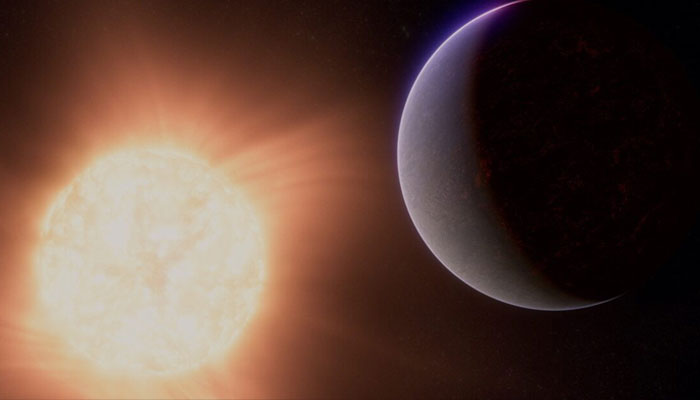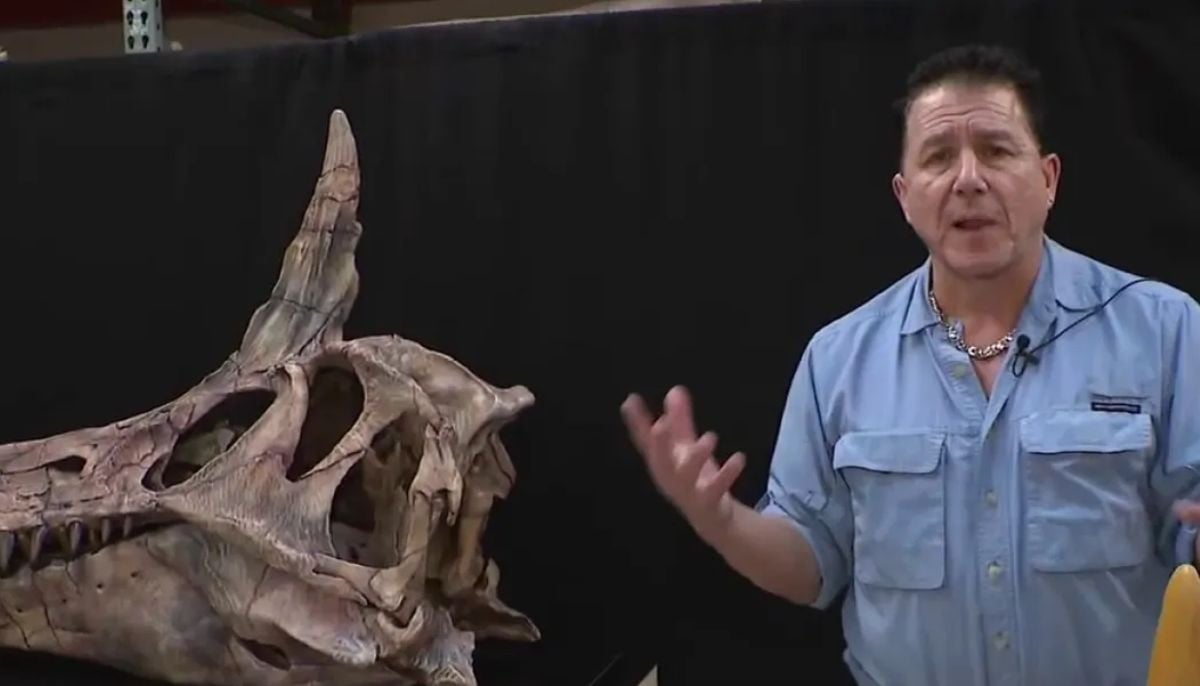Astronomers discover fast-forming alien planet challenging current theories
Young planet, estimated to be 10-20 times mass of Earth, is one of youngest exoplanets ever identified
Astronomers have uncovered a newborn exoplanet that formed in just 3 million years, a remarkably swift process in cosmic terms. The discovery challenges long-standing theories about the timeline of planetary formation.
The young planet, estimated to be 10-20 times the mass of Earth, is one of the youngest exoplanets ever identified. It orbits a star still surrounded by a protoplanetary disk of gas and dust, the remnants of material that facilitated its formation. This rapid development contrasts with Earth's formation, which scientists estimate took 10-20 million years.
The host star, located 520 light-years away in the Milky Way, is expected to evolve into an orange dwarf, a stellar type smaller and cooler than our sun. Currently, the star has about 70% of the sun's mass and emits half its luminosity.
"This discovery confirms that planets can achieve cohesive formation within 3 million years, which was previously uncertain," said Madyson Barber, a graduate student at the University of North Carolina at Chapel Hill and lead author of the study published in Nature.
The findings are significant for understanding how planetary systems evolve, especially around young stars. Scientists have long debated how quickly planets can emerge from the dense material surrounding stars. This discovery provides crucial evidence that the process can occur much faster than previously thought.
The young planet adds to the growing inventory of exoplanets discovered beyond our solar system. By studying its characteristics and formation process, astronomers hope to refine existing models of planetary evolution and gain deeper insights into how diverse planetary systems form across the universe.
-
NASA takes next step towards Moon mission as Artemis II moves to launch pad operations following successful fuel test
-
Spinosaurus mirabilis: New species ready to take center stage at Chicago Children’s Museum in surprising discovery
-
Climate change vs Nature: Is world near a potential ecological tipping point?
-
125-million-year-old dinosaur with never-before-seen spikes stuns scientists in China
-
Scientists stunned as shark appears for first time in Antarctic Southern Ocean waters
-
New study suggests universe can end in ‘Big Crunch’ in 20bn years
-
Hidden Venus: New data discovers massive underground Lava Tube
-
‘Earth is defenseless against city-killer asteroids’: NASA issues stark warning












